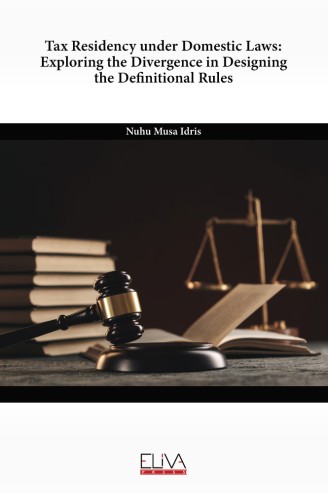
Tax Residency under Domestic Laws: Exploring the Divergence in Designing the Definitional Rules
$ 70
Description
The author demonstrates that in exercising income tax jurisdiction, the state can choose to have a link with the personality of the income-earner within its territory whether or not the income was derived from a source within its territory (residence-based taxation). No universal rules for determining the tax residence of a person (either natural or juristic) for tax purposes apply in all circumstances. Thus, the states have different definitional rules of residence as contained in their respective income tax legislation and as interpreted by their courts. The global economic integration makes taxpayers move freely and exploit ambiguity created by the divergence of the definition of the tax jurisdiction between the States. The book explores the possibility of achieving cooperation amongst the States in delimiting the scope of their substantive and enforcement tax jurisdiction without losing their sovereignty.



